Why Boeing will likely cruise through its crisis
It's too big to fail


A free daily email with the biggest news stories of the day – and the best features from TheWeek.com
You are now subscribed
Your newsletter sign-up was successful
Boeing's 737 Max 8 has been grounded. On Wednesday, the United States finally banned flights of the aircraft, following the same decision by 42 other countries. The Max 8 was Boeing's best selling aircraft ever, but one of the planes crashed on Sunday, and another crashed back in October. Both disasters may be linked to the same glitch.
You'd think this could be an existential threat to the aircraft manufacturer. There are 4,600 outstanding orders for the Max 8 around the world — $550 billion in expected future revenue. Max 8 sales this year were projected to be almost a third of Boeing's annual revenue. Not surprisingly, the company's stock is down about 11 percent.
But in truth, Boeing will probably cruise through this episode unscathed.
The Week
Escape your echo chamber. Get the facts behind the news, plus analysis from multiple perspectives.

Sign up for The Week's Free Newsletters
From our morning news briefing to a weekly Good News Newsletter, get the best of The Week delivered directly to your inbox.
From our morning news briefing to a weekly Good News Newsletter, get the best of The Week delivered directly to your inbox.
Analyses of the crashes are ongoing. But in the October crash, it looks like a particular autopilot function, relying on a single sensor, miscalculated and pitched the plane into an unexpected dive. Pilots across the world — including the U.S. — have been complaining about this glitch for a while. And there's circumstantial evidence the same thing happened in Sunday's crash.
Since the October crash, Boeing has been working on a software update to fix the problem: Have the autopilot function rely on input from multiple sensors, along with changes to "flight control law, pilot displays, operation manuals, and crew training." The fix was originally due in January, but was delayed by "differences of opinion about technical and engineering issues," between Boeing and the Federal Aviation Administration (FAA), as well as by the recent government shutdown, The Wall Street Journal reports. In the interim, Boeing issued some new guidance to pilots. And "the FAA concluded the delay was acceptable because its experts agreed with Boeing that there was no imminent safety threat," according to one of the Journal's sources. U.S. regulators now want the fix finished by the end of April, though new information gleaned from Sunday's crash could extend the timeline.
Now, that's not the most encouraging chain of events. But the gist is that all of the Max 8s currently in service, as well as all the aircraft on order, can be fixed. Barring something truly unforeseen, the grounding will almost certainly be temporary — a few months, give or take.
Analysts told The New York Times that fixing the software problem could cost Boeing $1 billion. Then there are the 350 aircraft already out there, and airlines aren't inclined to just eat the costs of keeping those Max 8s on the ground. "We will send this bill to those who produce this aircraft," Bjorn Kjos, the CEO of Norwegian Air, told the Times. Leasing a replacement jet for three months likely costs $1 million a pop, so multiply that by 350 and add it to Boeing's price tag, too. Another estimate for The Washington Post put the worst-case scenario at a $5.1 billion hit to Boeing over two months.
A free daily email with the biggest news stories of the day – and the best features from TheWeek.com
But those numbers also have to be put in context. Boeing's total revenue for 2018 was just over $100 billion and its total profits were just over $10 billion. You could double that worst-case scenario estimate, and you'd merely knock out Boeing's profits for 2019. And that hit won't continue year after year. For a company like Boeing, profits are gravy: They come after all operating costs, including wages and salaries and taxes, have already been paid. The only thing they fund are shareholder payouts.
That could certainly affect the company's stock. But a lower stock price has little effect on Boeing proper — it mostly hurts Wall Street traders. Simply put, even the worst-worst-case scenario would barely make a dent in Boeing's bottom line. And those huge revenue streams also mean Boeing could almost certainly weather any lawsuits over the crisis.
Finally, assuming Boeing does fix the issue in the next few months, it's unlikely that customers will wiggle out of those 4,600 orders. Airlines usually pay 20 percent of the orders upfront, and getting out of those contracts is not easy. Beyond that, Boeing enjoys a near monopoly status in this instance: The Max 8's only real market competitor is the A320neo, from the European manufacturer Airbus, and there's already a multi-year backlog of orders for that plane. If Boeing can make a reasonable case that it's repaired the glitch, customers will find that dropping their orders will be more trouble than it's worth. "I don't think anyone will abandon them," Jonathan G. Ornstein, the CEO of Mesa Airlines, told the Times.
The big unknown here is damage to Boeing's reputation. I've just given a pretty technical and bloodless assessment of Boeing's business chances. But 346 people are dead quite likely because Boeing screwed up.
Reputational damage is an inherently unpredictable and unquantifiable thing. But given everything laid out above, there are many structural barriers that reputational damage would have to overcome to seriously threaten the company.
In fact, this isn't even the first time a screw-up has grounded Boeing's planes recently. Batteries randomly catching fire temporarily grounded the company's Dreamliner in 2013, but Boeing suffered no noticeable long-term damage as a result. This crisis is obviously much worse. But the fact is, due to Boeing's sheer size and reach, it will most likely be consigned to the history books as well.
Whether you think that's a good thing is another matter entirely.
Jeff Spross was the economics and business correspondent at TheWeek.com. He was previously a reporter at ThinkProgress.
-
 Why is the Trump administration talking about ‘Western civilization’?
Why is the Trump administration talking about ‘Western civilization’?Talking Points Rubio says Europe, US bonded by religion and ancestry
-
 Quentin Deranque: a student’s death energizes the French far right
Quentin Deranque: a student’s death energizes the French far rightIN THE SPOTLIGHT Reactions to the violent killing of an ultraconservative activist offer a glimpse at the culture wars roiling France ahead of next year’s elections
-
 Secured vs. unsecured loans: how do they differ and which is better?
Secured vs. unsecured loans: how do they differ and which is better?the explainer They are distinguished by the level of risk and the inclusion of collateral
-
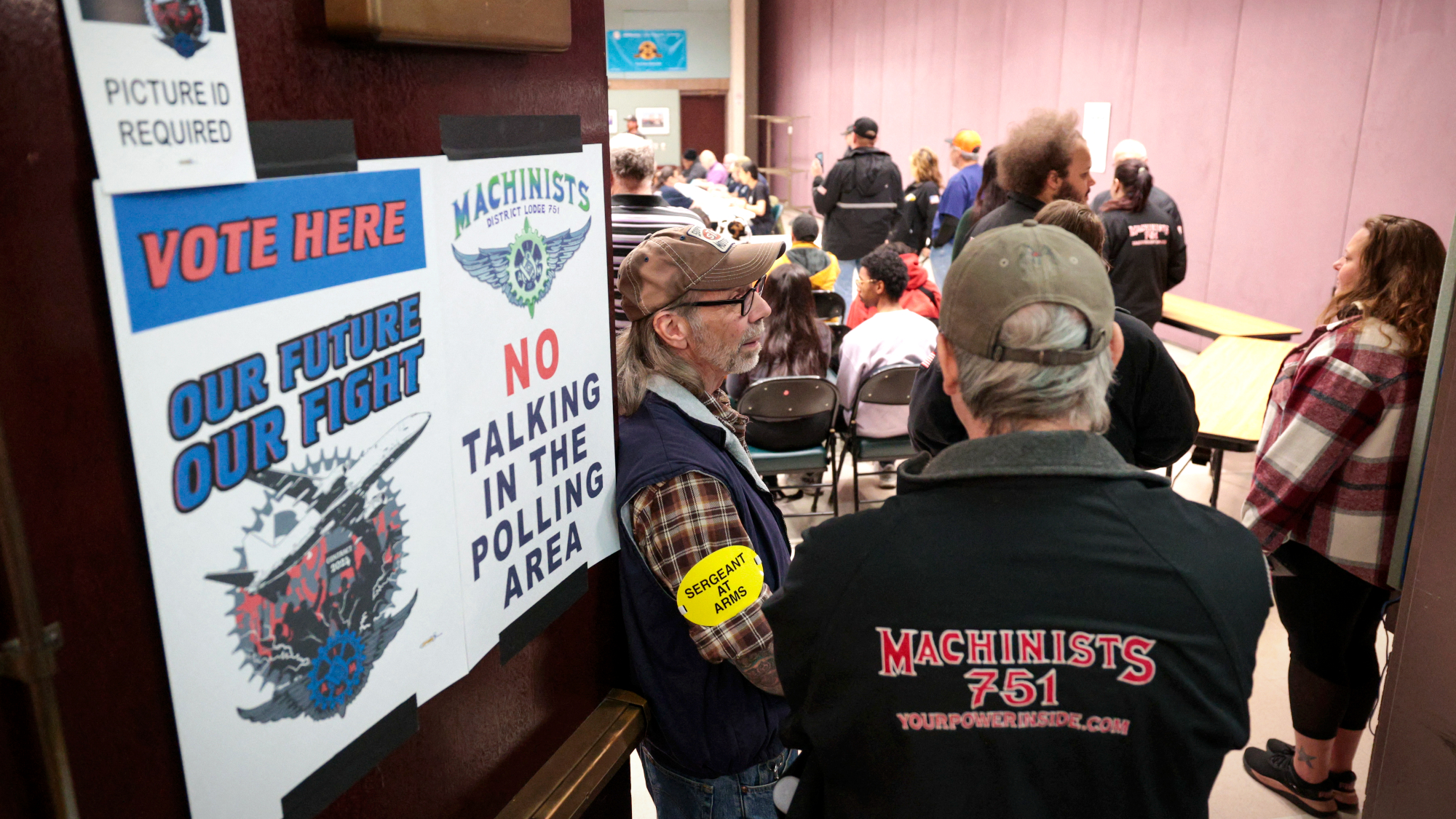 Boeing machinists approve contract, end strike
Boeing machinists approve contract, end strikeSpeed Read The company's largest union approved the new contract offer, ending a seven-week strike
-
 Boeing machinists reject deal, continue strike
Boeing machinists reject deal, continue strikeSpeed Read The rejection came the same day Boeing reported a $6.2 billion quarterly loss
-
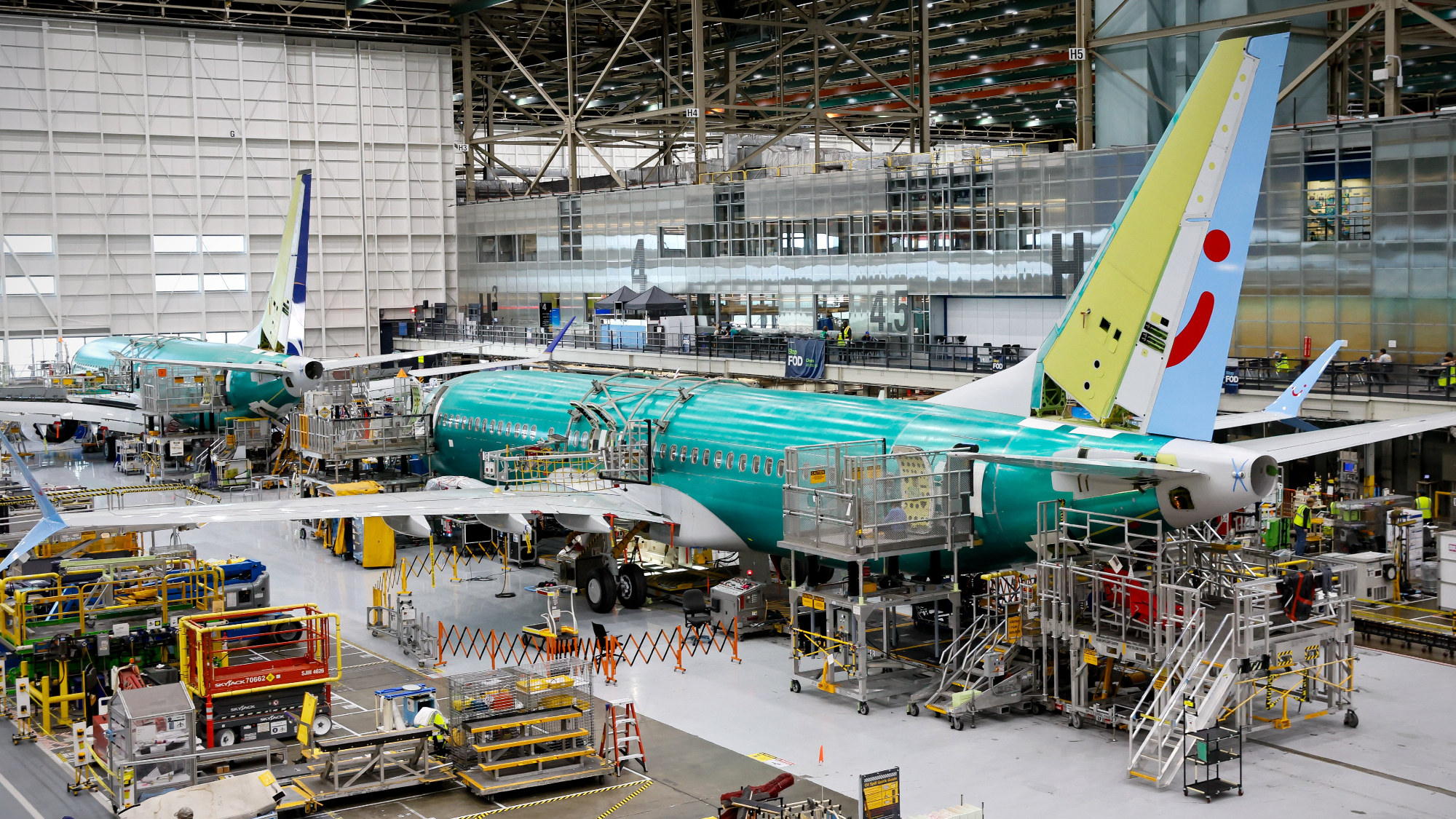 US seeks Boeing plea deal, lawyers say
US seeks Boeing plea deal, lawyers saySpeed Read The deal is tied to deadly 737 Max crashes in 2018 and 2019
-
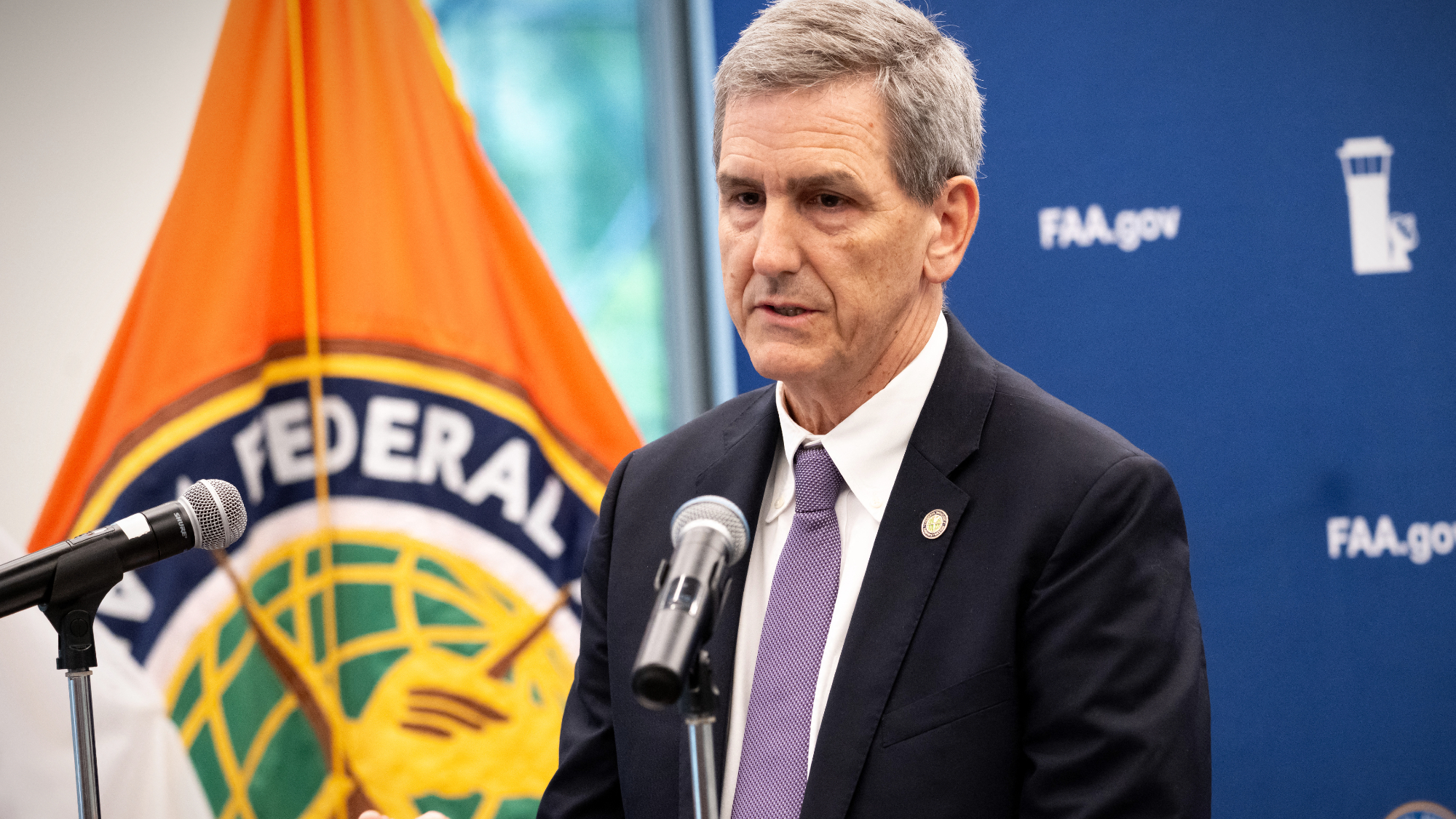 Boeing releases safety plan to skeptical FAA
Boeing releases safety plan to skeptical FAASpeed Read The Federal Aviation Administration demanded the plan after a door blew out on a Max 737 flight
-
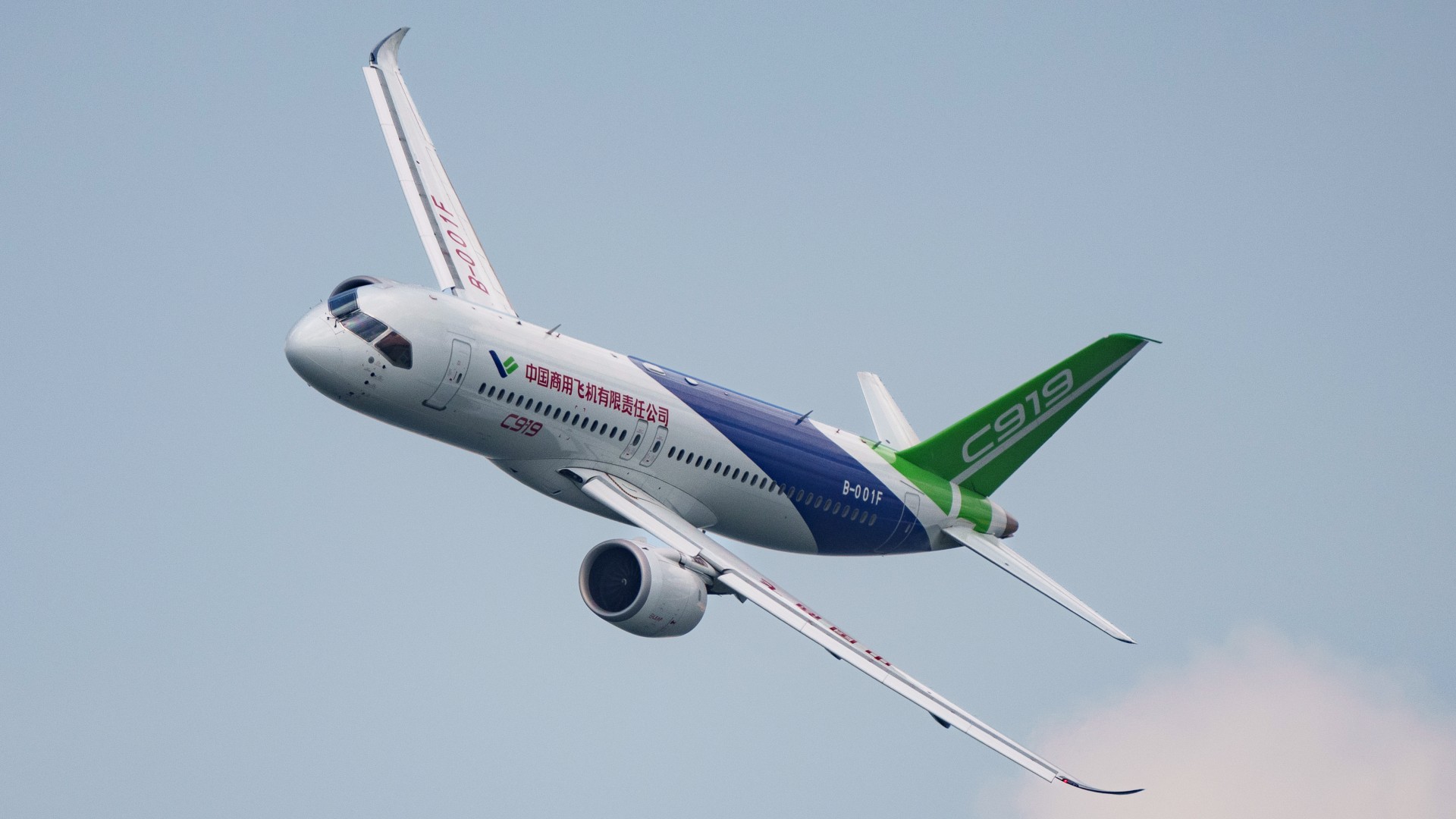 Boeing's problems have become an opportunity for China's plane manufacturer
Boeing's problems have become an opportunity for China's plane manufacturerUnder the Radar COMAC is looking to pass both Boeing and Airbus in the international market
-
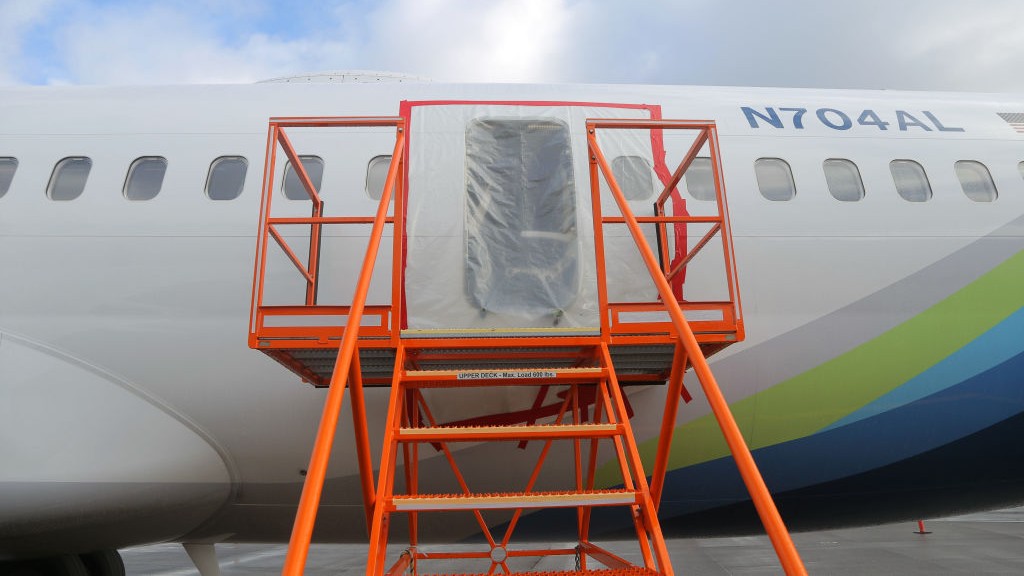 How Boeing dropped the ball on air safety
How Boeing dropped the ball on air safetyTalking Points The company has been plagued by accidents and crashes that have hurt its once-golden reputation
-
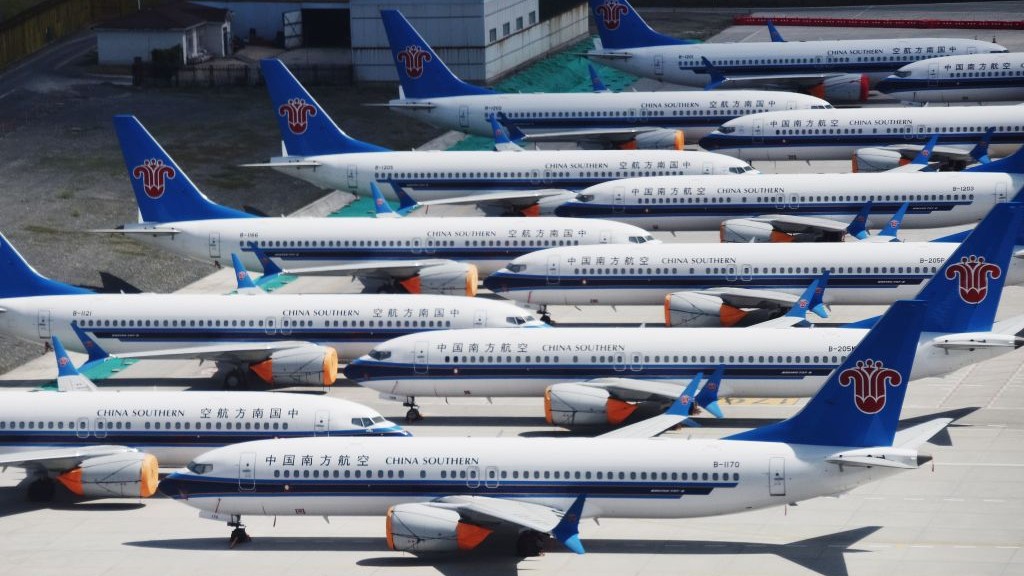 China delaying Boeing airplane deliveries in potential blow to US relations
China delaying Boeing airplane deliveries in potential blow to US relationsSpeed Read Chinese airlines are reportedly delaying the deliveries as a result of safety concerns over the 737 Max jet
-
 The pros and cons of noncompete agreements
The pros and cons of noncompete agreementsThe Explainer The FTC wants to ban companies from binding their employees with noncompete agreements. Who would this benefit, and who would it hurt?
